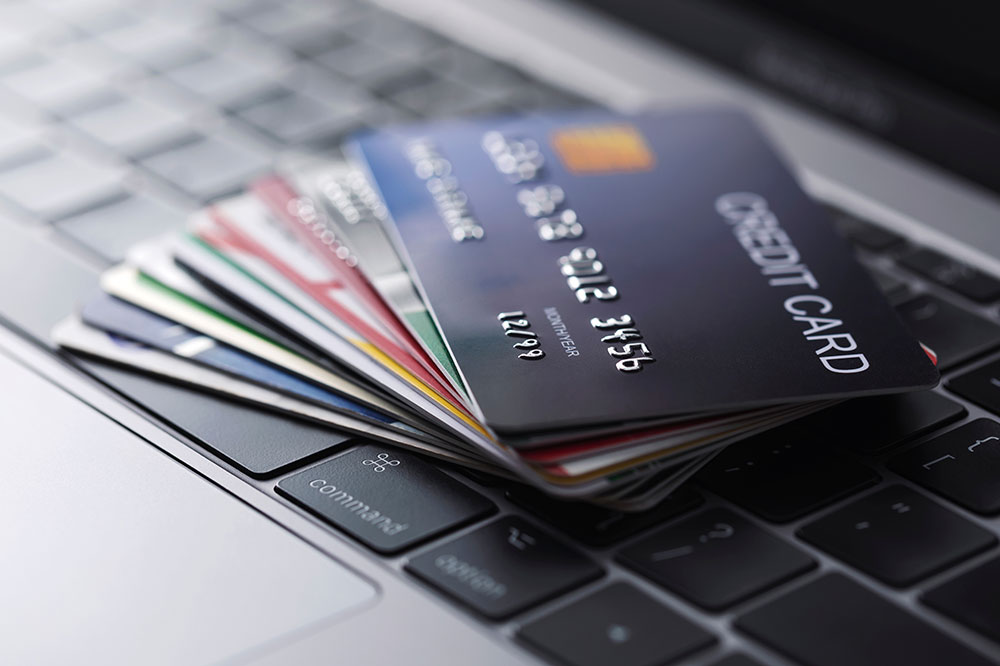
5 credit card mistakes to avoid
Today, digital transactions have become the norm. This has made safeguarding one’s financial information all the more important. Sadly, credit card fraud remains a prevalent concern, and numerous victims are falling victim to the evolvingly cunning tactics employed by cybercriminals. One way individuals can safeguard themselves from fraudulent activities is by avoiding some credit card mistakes that leave them susceptible. Avoiding these mistakes can significantly bolster their defenses against potential threats.
- Neglecting strong password
Most individuals prefer using easy-to-use and easy-to-remember passwords to offer them easy access. However, easily guessable passwords such as birthdays and phrases can make things easier for cybercriminals. It is advisable to opt for complex passwords comprising a mixture of upper and lowercase letters, numerals, and special characters to avoid granting them unauthorized access. Regularly changing passwords and employing a password manager can further fortify online security. - Disregarding secure websites for transactions
Another grave mistake credit card users make that makes them susceptible to fraud is entering their details on unsecured websites. This is one place where cybercriminals exploit vulnerable sites to harvest sensitive data. To mitigate this risk, individuals should only transact on secure websites. Checking for “https://” in the URL and looking for a padlock icon in the address bar are some telltale signs of a secure connection. - Sharing card information on unsecured networks
People find public Wi-Fi networks convenient to use. However, it is paramount that one stay alert to the information that is being shared or accessed on public networks. Transmitting credit card information over unsecured networks can expose it to potential interception by hackers. In order to avoid making this error, individuals should refrain from making sensitive transactions on public Wi-Fi. It is also advisable to utilize virtual private networks (VPNs) and opt for cellular data connections to provide an extra layer of security. - Falling for phishing scams
Phishing scams are a prevalent practice among those employed by cybercriminals. They use deceptive emails or messages that visually mimic legitimate institutions. These are employed to entice individuals and encourage them to divulge their credit card details. Legitimate institutions rarely request such information through email or messages. - Storing card information on multiple platforms
Saving credit card information on various websites for convenience may seem harmless, but it poses a significant risk. In the event of a data breach on any of these platforms, all stored card details become vulnerable. Avoiding this mistake involves refraining from saving credit card information on multiple sites. Instead, individuals should opt for secure, one-time transactions or employ trusted digital wallets.


